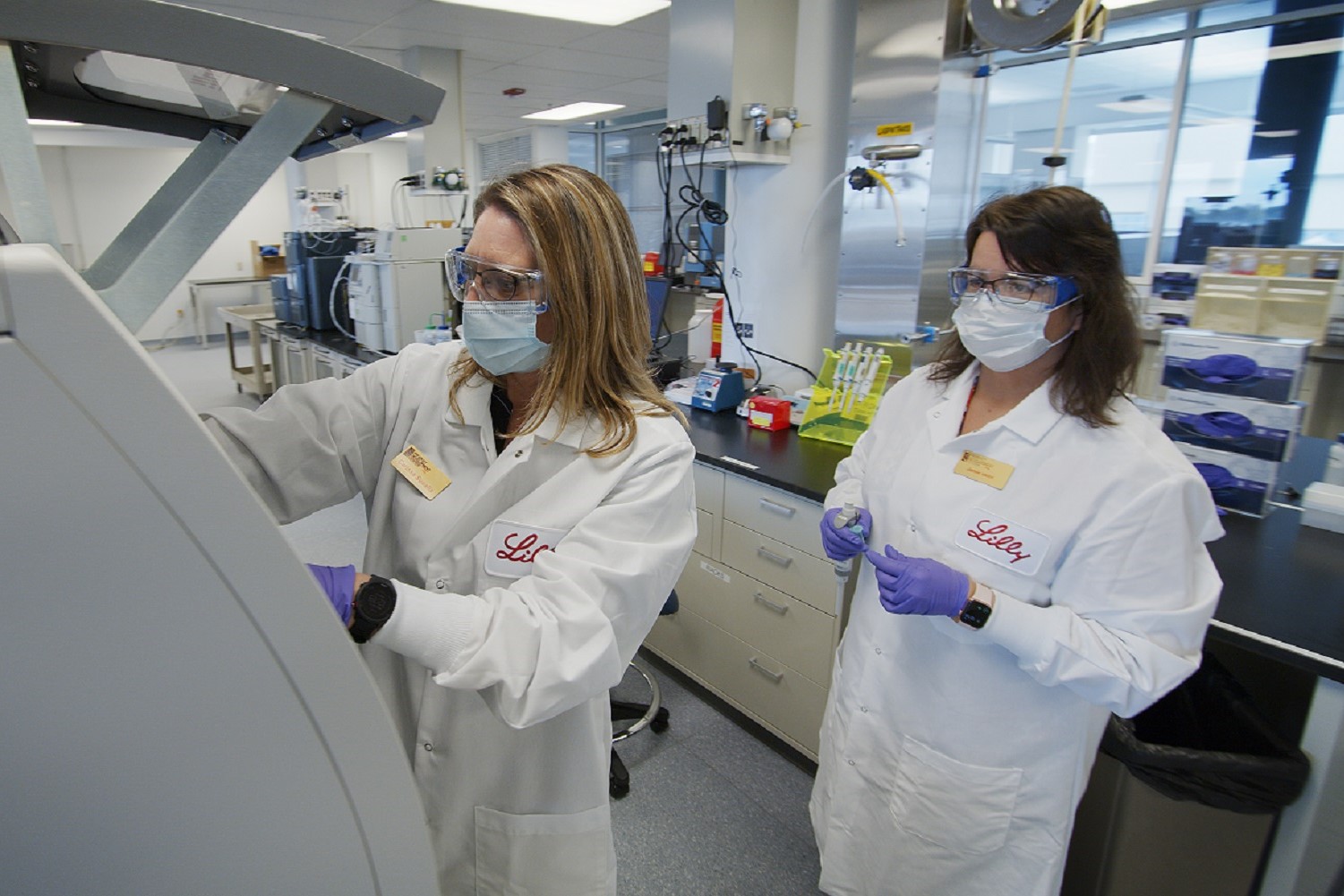There have been concerns about profits raised by surgical funders within mass law suits involving medical devices that end up having defects. DePuy Synthes, a unit of Johnson & Johnson that makes hip implants, is the first device company directly calling out a funder for unfairly profiting – namely MedStar.
Reuters spelled out how these processes/discrepancies take place.
Surgical funders essentially invest in operations on injured plaintiffs. If a litigant can’t afford surgery to correct problems allegedly caused by medical devices, the funders will step in to purchase medical bills at a deep discount from physicians, hospitals and others who have provided care to the patient. When the patient’s lawsuit settles, the funder reaps a profit by placing a lien on the settlement for the full amount of the patient’s surgical bill.

With the Rise of AI, What IP Disputes in Healthcare Are Likely to Emerge?
Munck Wilson Mandala Partner Greg Howison shared his perspective on some of the legal ramifications around AI, IP, connected devices and the data they generate, in response to emailed questions.
MedStar has been the funder behind pelvic mesh litigation involving DePuy’s all-metal ASR hip implants. Back in August, DePuy requested information about MedStar’s lien to better determine if the profits MedStar has made were due to inflated damage claims.
According to DePuy, MedStar submitted claims for nearly $1.5 million for 11 surgeries that should have cost no more than $336,000, Reuters reported. MedStar is requesting the payment from DePuy instead of the patients because of the format of this particular settlement. So basically, if it comes back that MedStar did inflate claims and DePuy refuses to pay, patients could be hit with a huge bill.
MedStar founder Dan Christensen reportedly claims that the amount they’ve determined in the litigation is not only reasonable, but it was determined by medical providers, not the company itself.
It makes sense that DePuy would be sensitive about coughing up more cash than what’s necessary, considering they’ve doled out quite a bit in the past due to issues with its device.
DePuy agreed in 2013 to pay about $2.5 billion to settle approximately 8,000 personal injury suits over ASR hip implants. The company had previously recalled the metal-on-metal devices in 2010, after patients alleged they caused pain and joint dislocation and could even damage the central nervous system, thyroid and heart. The average base payment per case was about $250,000.
Most of the patients who turn to funders like MedStar either can’t get coverage from their provider for a procedure or are uninsured.
Christensen told Reuters that if DePuy does not pay MedStar’s liens, he will have “no other choice” but to demand payment from the patients, which he described as “extremely unfair.”
Photo: Flickr user Brian Turner














